The Georgics [English]
The Georgics [English]
Book Excerpt
htened, but stint not
With refuse rich to soak the thirsty soil,
And shower foul ashes o'er the exhausted fields.
Thus by rotation like repose is gained,
Nor earth meanwhile uneared and thankless left.
Oft, too, 'twill boot to fire the naked fields,
And the light stubble burn with crackling flames;
Whether that earth therefrom some hidden strength
And fattening food derives, or that the fire
Bakes every blemish out, and sweats away
Each useless humour, or that the heat unlocks
New passages and secret pores, whereby
Their life-juice to the tender blades may win;
Or that it hardens more and helps to bind
The gaping veins, lest penetrating showers,
Or fierce sun's ravening might, or searching blast
Of the keen north should sear them. Well, I wot,
He serves the fields who with his harrow breaks
The sluggish clods, and hurdles osier-twined
Hales o'er them; from the far Olympian height
Him golden Ceres not in vain regards;
And he, who having ploughed the fallow plain
And heaved its furrowy ridges, turns once more
Cross-wise his shattering share, with stroke on stroke
The earth assails, and makes the field his thrall.
Pray for wet summers and for winters fine,
Ye husbandmen; in winter's dust the crops
Exceedingly rejoice, the field hath joy;
No tilth makes Mysia lift her head so high,
Nor Gargarus his own harvests so admire.
Why tell of him, who, having launched his seed,
Sets on for close encounter, and rakes smooth
The dry dust hillocks, then on the tender corn
Lets in the flood, whose waters follow fain;
And when the parched field quivers, and all the blades
Are dying, from the brow of its hill-bed,
See! see! he lures the runnel; down it falls,
Waking hoarse murmurs o'er the polished stones,
And with its bubblings slakes the thirsty fields?
Or why of him, who lest the heavy ears
O'erweigh the stalk, while yet in tender blade
Feeds down the crop's luxuria
With refuse rich to soak the thirsty soil,
And shower foul ashes o'er the exhausted fields.
Thus by rotation like repose is gained,
Nor earth meanwhile uneared and thankless left.
Oft, too, 'twill boot to fire the naked fields,
And the light stubble burn with crackling flames;
Whether that earth therefrom some hidden strength
And fattening food derives, or that the fire
Bakes every blemish out, and sweats away
Each useless humour, or that the heat unlocks
New passages and secret pores, whereby
Their life-juice to the tender blades may win;
Or that it hardens more and helps to bind
The gaping veins, lest penetrating showers,
Or fierce sun's ravening might, or searching blast
Of the keen north should sear them. Well, I wot,
He serves the fields who with his harrow breaks
The sluggish clods, and hurdles osier-twined
Hales o'er them; from the far Olympian height
Him golden Ceres not in vain regards;
And he, who having ploughed the fallow plain
And heaved its furrowy ridges, turns once more
Cross-wise his shattering share, with stroke on stroke
The earth assails, and makes the field his thrall.
Pray for wet summers and for winters fine,
Ye husbandmen; in winter's dust the crops
Exceedingly rejoice, the field hath joy;
No tilth makes Mysia lift her head so high,
Nor Gargarus his own harvests so admire.
Why tell of him, who, having launched his seed,
Sets on for close encounter, and rakes smooth
The dry dust hillocks, then on the tender corn
Lets in the flood, whose waters follow fain;
And when the parched field quivers, and all the blades
Are dying, from the brow of its hill-bed,
See! see! he lures the runnel; down it falls,
Waking hoarse murmurs o'er the polished stones,
And with its bubblings slakes the thirsty fields?
Or why of him, who lest the heavy ears
O'erweigh the stalk, while yet in tender blade
Feeds down the crop's luxuria
Editor's choice
(view all)Popular books in Poetry
Readers reviews
0.0
LoginSign up
Be the first to review this book
![The Georgics [English] by Virgil](../sites/default/files/styles/220x330sc/public/old-covers/cover-auto-7184-itok=wtXDiLR0.jpg)
 Free Download
Free Download














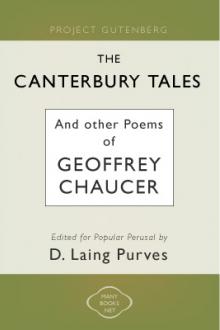

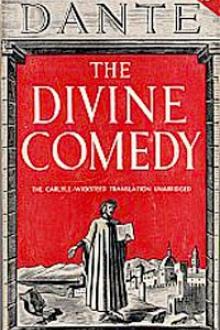
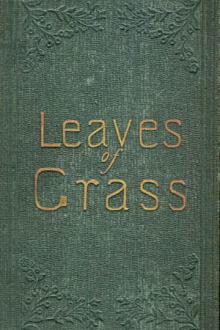
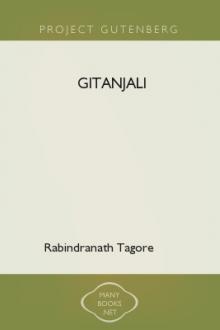
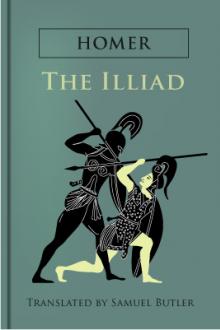
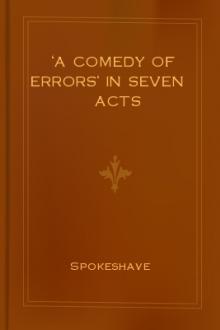
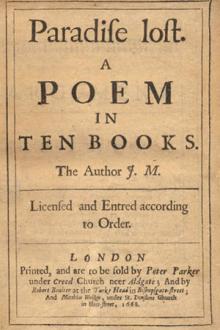

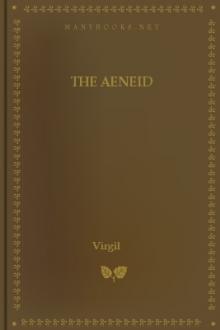
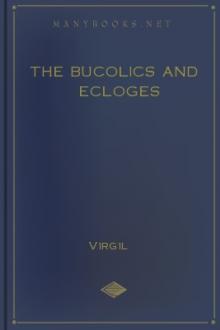

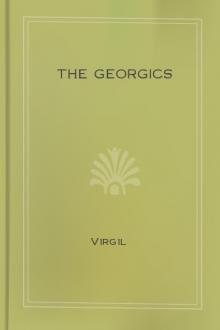

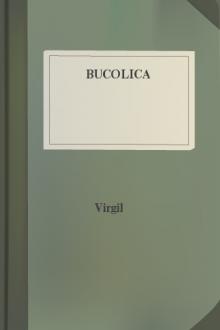
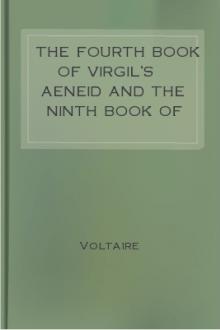

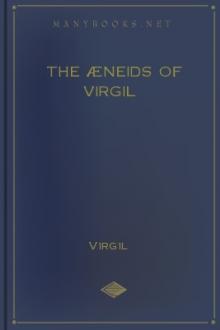

-itok=vcKIB5v1.jpg)
